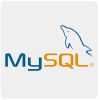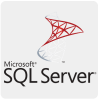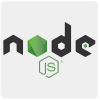We get results
Move to Cloud & Optimize your Costs
Transitioning your applications, data, workloads, and infrastructure to cloud is a process that requires careful consideration.
To successfully migrate your business to the cloud requires thorough analysis and documentation to make sure your business is moving for the right reasons and will achieve tangible business results.
If you require help to create a plan, assess your technology, migrate to cloud, optimize for speed and reduce costs, we have the solution you’re looking for.




























